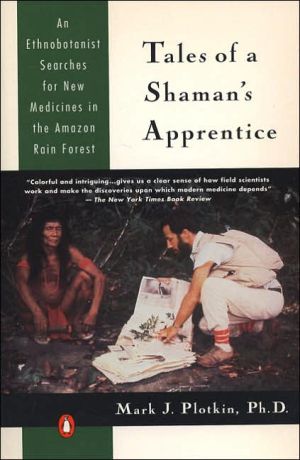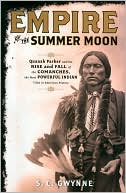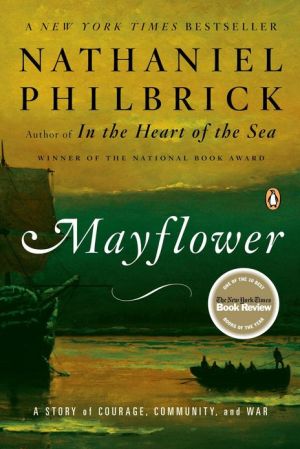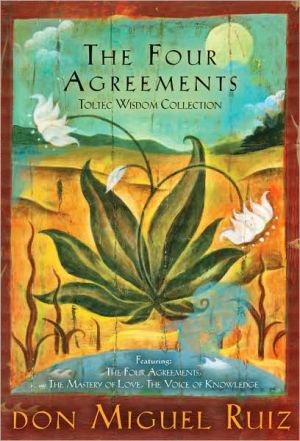Tales of a Shaman's Apprentice: An Ethnobotanist Searches for New Medicines in the Amazon Rain Forest
For thousands of years, healers have used plants to cure illness. Aspirin, the world's most widely used drug, is based on compounds originally extracted from the bark of a willow tree, and more than a quarter of medicines found on pharmacy shelves contain plant compounds. Now Western medicine, faced with health crises such as AIDS, Alzheimer's disease, and cancer, has begun to look to the healing plants used by indigenous peoples to develop powerful new medicines. Nowhere is the search more...
Search in google:
"Tales of a Shaman's Apprentice" has been called "one of the greatest adventure stories ever told." Author Mark Plotkin, chief ethnobotanist for Conservation International, has spent much of the past 15 years tracking the shamans of the northeast Amazon. Their knowledge of healing plants may hold the cure to some of today's most devastating diseases. This book is a critically acclaimed account of his apprenticeship to these powerful wise men, a gripping journey into a wild and wonderful world seldom glimpsed by outsiders. Publishers Weekly Ethnobotanist Plotkin details the alternative medicines he discovered during an apprenticeship to the shamans of the Amazon rainforests. (Aug.)
Tales of a Shaman's Apprentice Foreword Chapter 1: Through the Emerald Door Chapter 2: The Search for the Black Caiman Chapter 3: Among the Maroons Chapter 4: Under the Double Rainbow Chapter 5: A Recipe for Poison Chapter 6: Across the Savannas of the Sipaliwini Chapter 7: Witch Doctor of the Wayanas Chapter 8: The Semen of the Sun Chapter 9: Return to Kwamala\ Recommended Reading Plant Glossary Index\
\ Publishers Weekly - Publisher's Weekly\ Ethnobotanist Plotkin details the alternative medicines he discovered during an apprenticeship to the shamans of the Amazon rainforests. (Aug.)\ \ \ \ \ Library JournalWhile living in the tropical rain forest with several Amazonian Indian tribes, Plotkin, currently a vice president of ethnobotany at Conservation International, observed and recorded the use of plants by the villagers and their shamans for food, medicines, poison arrows, and ritualistic hallucinogens. The result is a compelling, insightful narrative that whisks the reader into a time and place where plants, animals, and indigenous societies coexist. The encroachment of Western civilization threatens this existence, adding urgency to the author's contention that we must conserve tropical species, preserve the tribal knowledge of plants, and fund medical research on tropical plants that may yield new disease-fighting compounds. A skillful blend of travel adventure, botanical and cultural history, and Amazonian research. For all libraries.-- Teresa Elberson, Lafayette P.L., La.\ \








